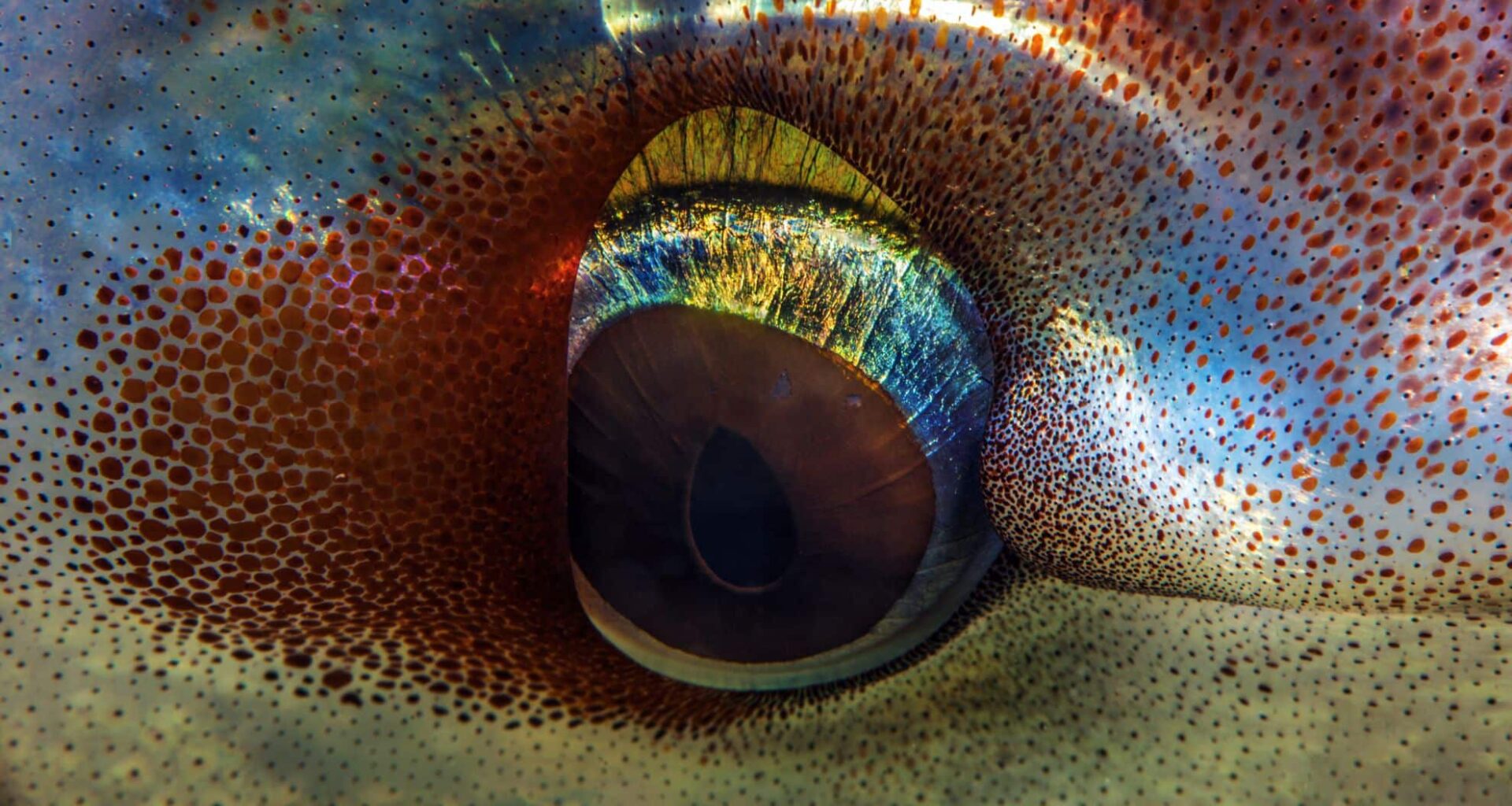A groundbreaking study published in Science has revealed that ancient squids were not only abundant but also dominated the oceans around 100 million years ago. The research, conducted by a team of scientists from Hokkaido University, challenges prior assumptions about the evolutionary timeline of squids. The study employed a pioneering digital fossil-mining technique to uncover thousands of fossilized cephalopod beaks, offering a glimpse into the marine ecosystems of the Late Cretaceous period. This discovery redefines our understanding of ancient ocean life, suggesting that squids were much more prevalent than previously thought, outnumbering even ammonites and bony fish.
The Groundbreaking Digital Fossil Discovery
The research team’s innovative approach involved digitizing rocks in 3D, enabling them to extract and analyze fossilized squids with unprecedented accuracy. This advanced technique, known as grinding tomography, provided a high-resolution scan of rock layers, revealing the fossilized beaks of over 1,000 cephalopods, including 263 squids. Many of these specimens, particularly from the Late Cretaceous era, represent previously unknown species. Dr. Shin Ikegami, the lead author of the study, explains, “In both number and size, these ancient squids clearly prevailed the seas.” The sheer volume and diversity of squid fossils highlight their dominance in the ancient oceans, far surpassing other marine predators.

By focusing on squid beaks, which are more likely to fossilize than the soft bodies of squids, the researchers were able to piece together the history of a group of animals that had long been elusive to paleontologists. Squid beaks are tough, chitinous structures that offer clues to the size and species of the squid. This study adds valuable information to the puzzle of cephalopod evolution, one of the most enigmatic topics in paleontology.

Squids: The Apex Predators of the Mesozoic Oceans
The findings of the study suggest that squids were not just survivors, but apex predators in the Mesozoic oceans. According to Dr. Ikegami, “Their body sizes were as large as fish and even bigger than the ammonites we found alongside them. This shows us that squids were thriving as the most abundant swimmers in the ancient ocean.” The study reveals that squid species from this era had evolved to a size and prominence that was previously thought to be unique to other marine creatures, such as fish and ammonites.
The discovery also emphasizes how well-suited squids were to the environment of the Cretaceous period, thriving in the oceans alongside the dinosaurs. Their advanced swimming techniques and intelligence likely gave them an edge over other marine life forms, helping them to become the dominant predators of their time. With this new information, it’s evident that squids were not just a small part of the marine ecosystem—they were key players in the dynamics of ancient oceans.
The Evolutionary Implications: Squids’ Early Rise
For years, scientists believed that squids only began to flourish after the mass extinction event that wiped out the dinosaurs around 65 million years ago. However, the new research reveals that squids had already originated and diversified much earlier, well before the extinction event. This challenges previous theories about cephalopod evolution, particularly regarding their transition from the Late Cretaceous to the Paleocene.
As Dr. Yasuhiro Iba, the study’s co-author and associate professor at Hokkaido University, points out, “These findings change everything we thought we knew about marine ecosystems in the past.” The researchers now believe that squids were likely the pioneers of fast, intelligent swimmers that would go on to dominate the modern ocean. This evolutionary leap not only reshapes our understanding of cephalopod history but also highlights the strategic advantages of squid intelligence and mobility in their success as marine predators.
